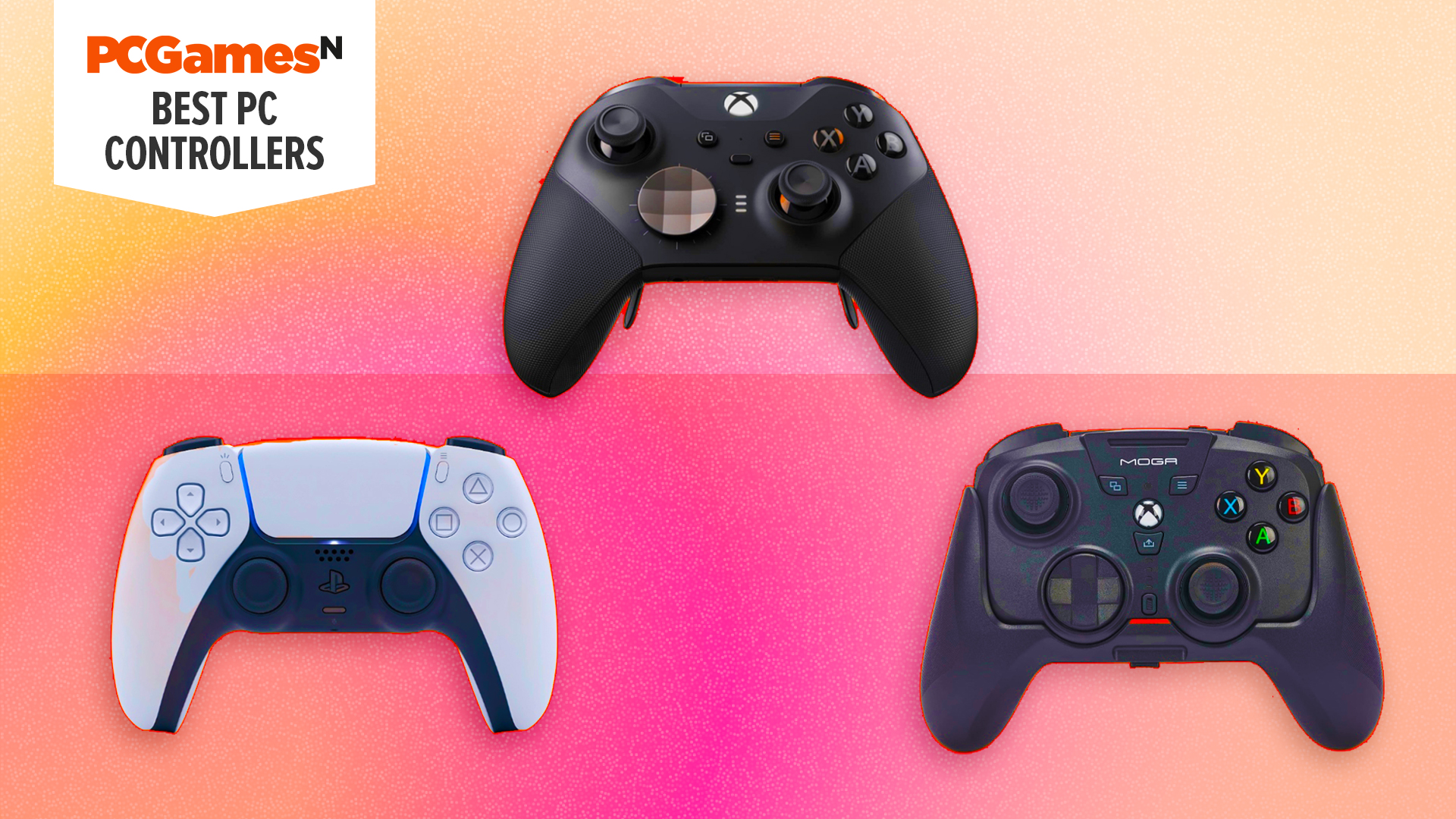Shop At Haya: Your Ultimate Shopping Guide
Discover the best shopping tips, trends, and deals for a smarter buying experience.
Controller Clash: Console Kings vs. PC Pros
Discover the ultimate showdown in gaming as Console Kings battle PC Pros for supremacy! Which side will you choose? Dive in for epic insights!
The Ultimate Debate: Console vs. PC – Which Reigns Supreme?
The long-standing debate between Console and PC gaming has fueled passionate discussions among gamers for decades. On one hand, consoles offer ease of use and affordability, making them accessible to a broader audience. With their plug-and-play nature, gamers can dive right into their favorite titles without worrying about hardware compatibility or performance upgrades. Titles exclusive to consoles, such as The Last of Us and Bloodborne, further enhance their appeal, creating dedicated fan bases. However, PCs stand tall with unparalleled performance, customizability, and a vast library of games, including indie gems and modding opportunities that can breathe new life into older titles.
When discussing graphics quality, frame rates, and overall gaming experience, PCs often take the crown. Gamers can invest in high-end graphics cards and processors, ensuring their gaming rigs can keep up with the latest titles in stunning detail. Additionally, the variety of input options—such as keyboards, mice, and customizable controllers—allows for a tailored gaming experience that consoles often cannot match. Ultimately, whether you lean towards consoles or PCs, the choice comes down to personal preferences, gaming habits, and budget considerations. The best gaming platform is the one that meets your needs and enhances your gaming experience.

Top 5 Advantages of Playing on Console vs. PC
When it comes to gaming, playing on console offers unique advantages that appeal to a wide range of players. First, the simplicity of setup is a significant benefit; consoles require minimal configuration compared to PCs, allowing gamers to jump straight into their favorite titles without getting bogged down by technical issues. Second, console gaming often delivers a more consistent experience, with developers optimizing their games specifically for the hardware, ensuring smooth performance and reduced downtime due to updates or compatibility issues.
In addition to these advantages, consoles provide a social gaming experience that is hard to match. Many consoles are designed with shared gaming in mind, featuring easy connectivity for multiple players on the same device. This fosters a community aspect, making game nights with friends enjoyable and accessible. Lastly, the cost-effectiveness of consoles often surpasses that of high-end gaming PCs, as they typically come at a lower initial purchase price and do not require regular upgrades to keep up with the latest titles, making them a popular choice for budget-conscious gamers.
Controller Preferences: What Do Gamers Really Choose?
When it comes to gaming, the controller preferences of players can vary widely based on personal comfort and the type of games they enjoy. Many gamers tend to gravitate towards wired controllers for their reliability and zero latency, while others prefer the freedom of wireless options that provide a more flexible gaming experience. Additionally, factors such as ergonomic design, button layout, and customizable features play a significant role in determining what controllers gamers really choose. Some may favor the classic feel of a traditional console controller, while others might opt for niche designs, like arcade sticks or specialized controllers for first-person shooters.
Research into gamer preferences indicates that controller customization has become a critical trend. Gamers are increasingly seeking out controllers that allow them to remap buttons, adjust sensitivity, and create profiles for different games. This desire for personalized setups is reflected in the popularity of brands that offer modular controllers or additional accessories, enabling enthusiasts to tailor their gear to their playing style. Ultimately, it’s evident that the choice of controller can significantly impact gameplay, making it essential for developers to consider these preferences when designing game experiences.